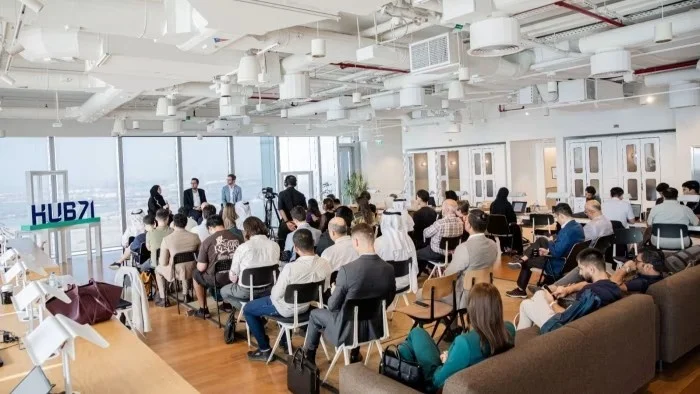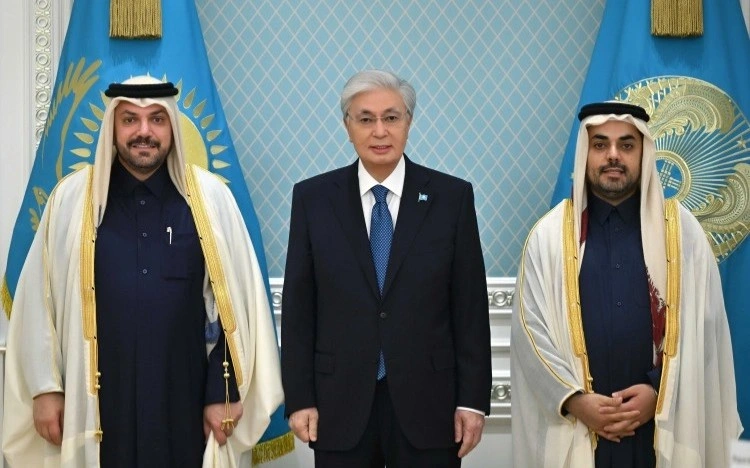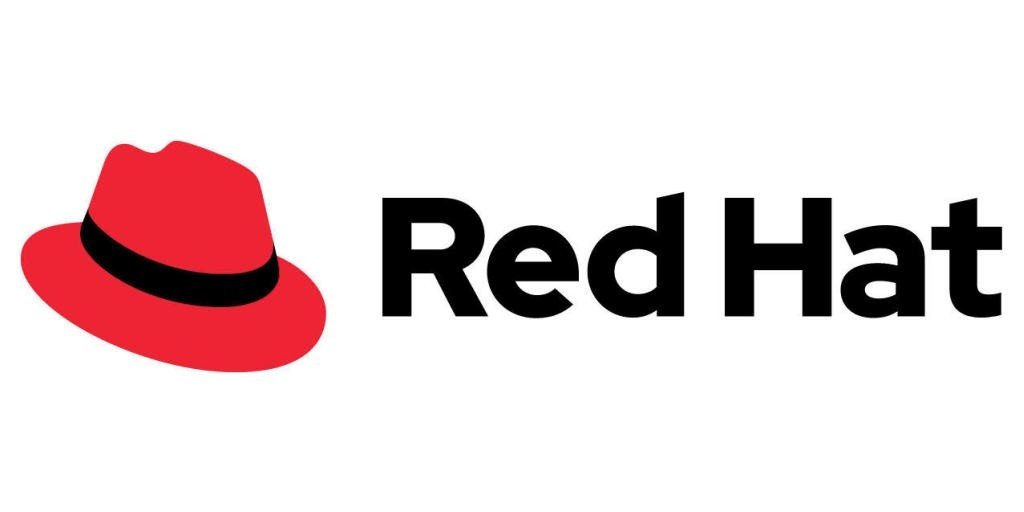Back in 2020, Peter Abou Hachem recalls the early days of Abu Dhabi’s tech accelerator Hub71 as a challenge of dual roles. As a former strategy consultant and now head of growth and strategy, he remembers how the team worked hard to convince startups to relocate to Abu Dhabi while simultaneously persuading major Emirati firms and investors to collaborate with incoming innovators.
“We were the young kids on the block,” he says. Without an established tech ecosystem or clear value proposition, Hub71 initially offered generous incentives—up to $700,000 for Series A startups and around $250,000 for earlier stages—to cover relocation, office, insurance, and housing costs.
Today, Hub71 has matured considerably. Its startups raised $2.17 billion in funding in 2024—a 44.7% increase from the prior year—and revenues grew from $1 billion to $1.2 billion. Over 3,100 applications flooded the accelerator’s programs in 2024, though only 47 startups were selected, focused mainly on digital assets, climate tech, and artificial intelligence.
“Hub71 began as an ambitious idea to enable founders to build from Abu Dhabi,” says CEO Ahmad Ali Alwan. “That idea has since grown into a thriving community of entrepreneurs, investors, and partners driving lasting impact.”
The program’s playbook combines cash incentives with a unique ecosystem. While incentives—now reduced to about $130,000 in credits usable across 60 service providers—help reduce early-stage operational burdens, tech founders emphasize Hub71’s open-minded regulators, investor access, and global connectivity as key differentiators.
Simon Seojoon Kim, CEO of blockchain-focused investor Hashed, notes that equity-free benefits like housing and health insurance significantly ease operational costs, providing startups greater runway and stability.
Entrepreneur Rachel Hu of CambioML echoes this, saying Hub71 provided not only funding incentives but also unparalleled corporate and regulatory introductions. “Within weeks, we met sovereign wealth funds, banks, and government entities—levels of access not seen elsewhere.”
Samantha Evans, managing director of Startup Genome for MENA, describes Hub71 as a “centre of gravity” linking UAE’s special economic zones with access to the broader Gulf Cooperation Council. The curated, subsidized model stands out among GCC hubs by reducing administrative friction and enabling startups to test products in Abu Dhabi’s demanding market.
Though Abu Dhabi ranked 175th globally in StartupBlink’s 2025 index—behind Dubai’s 44th place—the emirate’s ecosystem growth outpaced Dubai’s. However, talent scarcity remains a challenge, with many young professionals favoring Dubai’s lifestyle and commuting into Abu Dhabi. Initiatives like coding school 42 Abu Dhabi seek to bolster the local talent pipeline.
Matthew Twomey, co-founder of Sustainable Bitcoin Protocol, praises Hub71’s regulatory partnerships for facilitating smoother compliance, especially in emerging fields like digital assets regulated by Abu Dhabi Global Market (ADGM). “Building something the regulator won’t approve doesn’t make sense,” says Abou Hachem.
Beyond startups, Hub71 supports Abu Dhabi Investment Office (Adio) in matching ventures specializing in AI and emerging tech with strategic sectors like autonomous vehicles, agrifood, health, and longevity. “Hub71 accelerates Adio’s mandate to attract investment and drive economic impact,” says Adio’s Elodie Robin-Guillerm.
Ultimately, Hub71 aspires beyond regional influence. “We’re not building a UAE hub. We’re building a global tech ecosystem,” Abou Hachem affirms. “Our vision and purpose is to become one of the top 10 globally.”















